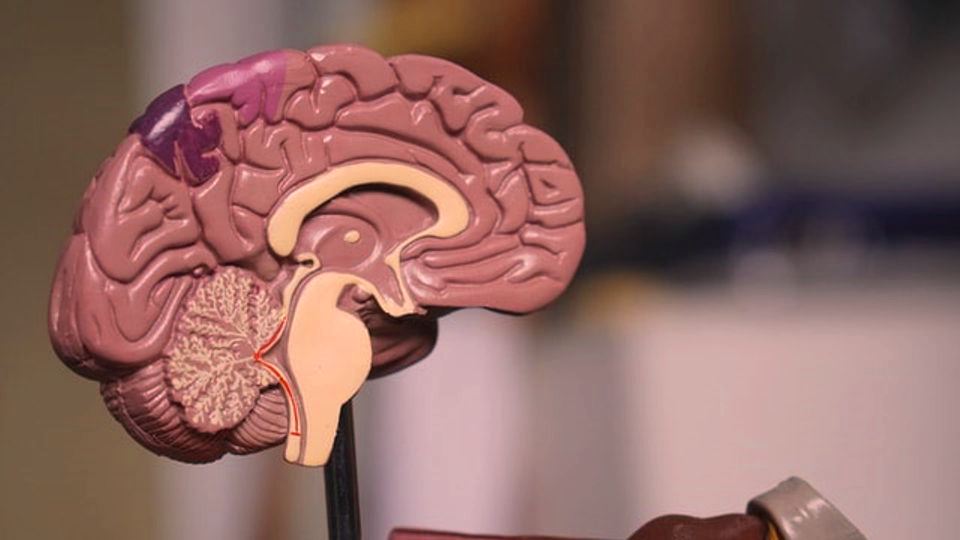
Fundamentals of facial recognition: Specialized brain mechanisms for recognizing faces?
Scientists showed that participants suffering from face blindness performed as well as the average person in training measuring their ability to learn a set of computer-generated objects called greebles. The findings undermine the leading alternative to the idea that prosopagnosia is the result of damage to brain mechanisms specifically devoted to processing faces, and thus indicate that people recognize faces using face-specific brain mechanisms. When it comes to recognizing faces, humans are extraordinarily skillful. It's no surprise -- after all, from the moment humans leave the womb, the infant brains already have a preference for faces, and over the course of a lifetime, the average person sees hundreds of thousands of faces.
Among scientists, however, the question of exactly how humans came to possess this amazing ability remains a divisive one, with some researchers claiming our extraordinary abilities result from the operation of mechanisms specialized just for faces, whereas others argue that recognition of any visual categories with which we acquire expertise (e.g., faces, cars, birds) depends on the same mechanisms. Using tests conducted with patients suffering from prosopagnosia, or "face blindness," Harvard and Dartmouth researchers have taken a step toward resolving that dispute. The study, published this week in the Proceedings of the National Academy of Sciences, showed that patients with prosopagnosia learned as well as the average person to become experts at distinguishing between highly similar exemplars of new objects. However when asked to learn a set of faces under the same conditions, the prosopagnosics did very poorly. The findings point to the idea that prosopagnosia is the result of damage to a brain mechanism specifically devoted to processing faces. "What we wanted to do was to test a key prediction of the "expertise" hypothesis," said Constantin Rezlescu, a Post-Doctoral Fellow in Psychology and the first author of the study. "The expertise hypothesis predicts that when there is impairment in facial processing, you should also see impairment in processing other objects of expertise, because if the mechanisms are the same, any damage should affect both faces and other objects. Our findings, however, show a clear dissociation between participants' ability to recognize faces and their ability to recognize other objects with which they became experts in recognizing."